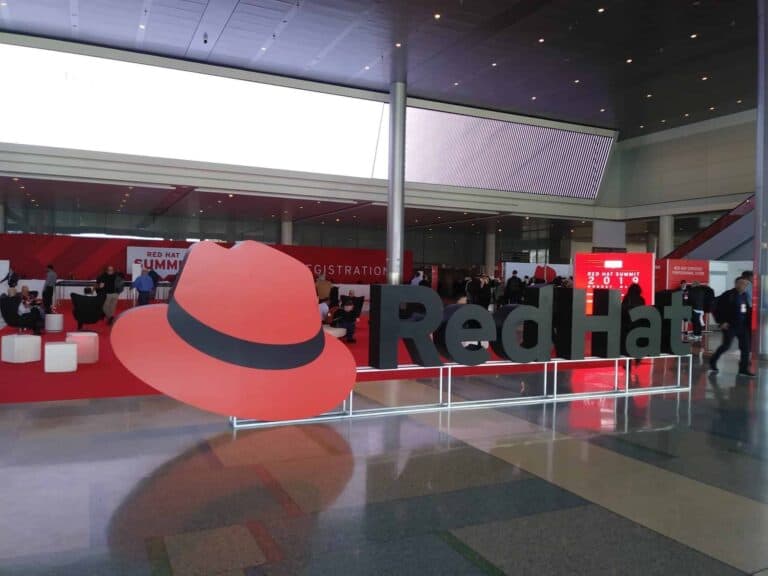Red Hat Enterprise Linux AI (RHEL AI) is coming to Dell PowerEdge servers, which is good news for anyone who wants to use AI without worrying too much about maintaining a complicated infrastructure.
RHEL AI is intended for foundation models and should enable users to develop, test and deploy (Gen)AI models more easily. The partnership with Dell means that RHEL AI is now the preferred platform for such workloads on Dell PowerEdge R760xa servers.
This server type is the first to be officially validated for RHEL AI. In other words, these servers work optimally with RHEL AI to run LLMs for AI applications such as chatbots and smart search engines. According to the parties, the collaboration ensures that customers can more easily develop, test and execute AI strategies without worrying too much about compatibility or performance.
A high degree of customizability
The collaboration’s combination of open source and powerful hardware makes it especially interesting. With RHEL AI, Red Hat provides an AI-optimized operating system, including tools like IBM Research’s open-source Granite LLMs. These models can be customized using InstructLab, which provides tools to hone models with knowledge or instructions added by the user.
Together with Nvidia-accelerated computing already present in the PowerEdge servers, this delivers a reliable and scalable AI solution that promises to handle hefty workloads.
From small to large workloads
It doesn’t just stop at individual servers. RHEL AI can also run within Red Hat OpenShift AI, their platform for machine learning operations (MLOps). This makes it possible to deploy AI models at scale in distributed environments, where computing, storage, and networking are spread across multiple physical locations or machines.
At the same time, the solution can also be deployed on individual servers in hybrid cloud environments, thanks to its optimized, bootable Red Hat Enterprise Linux (RHEL) image. This makes RHEL AI flexibly deployable from small-scale, dedicated workloads to use in large-scale infrastructures.
Also read: Red Hat ‘reimagines’ Enterprise Linux for AI
